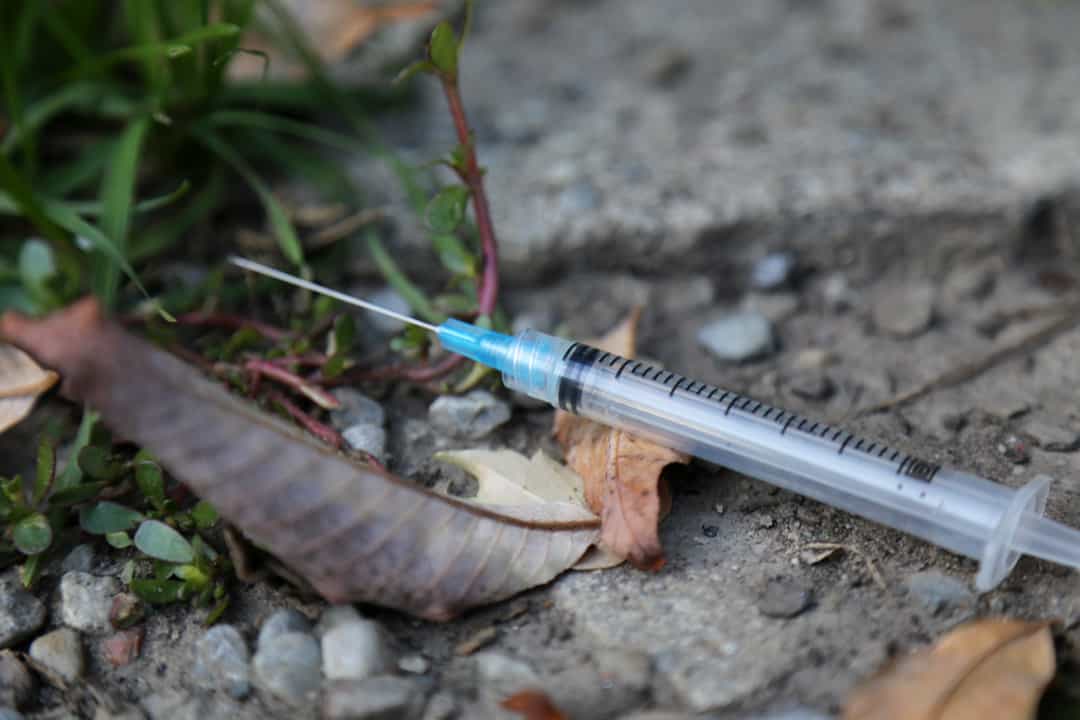Content warning: This article contains discussions of substance use disorder.
The City of Toronto is preparing to ask the federal government to decriminalize the possession of illicit drugs for personal use within the city. This decision is wise, considering that in the first three months of this year alone, Toronto paramedics responded to 1,173 suspected opioid overdose calls. The number of overdose deaths recorded by the City increased significantly compared to previous years.
Decriminalizing the possession of drugs for personal use is not a new practice; countries such as Portugal have implemented similar policies for years. Toronto’s call to decriminalize personal possession of illicit drugs is tactful and has many positive long-term benefits, such as dispelling the stigma surrounding substance use disorder and taking away the punishment for people who struggle with it.
Stigma surrounding substance use disorder
Society has begun to acknowledge the reasons behind substance use and the struggles people have with overcoming it. However, outdated laws that criminalize people with substance use disorder make it difficult for them to get treatment.
Whether or not a person admits willingly to having substance use disorder, they may be stereotyped as someone who has chosen their lifestyle and refuses to change. Furthermore, being open about substance use can affect a person’s credibility and perceived trustworthiness.
Substance use exists everywhere, and it is ever-prevalent in the university community. It touches the lives of students, faculty, and community members alike, whether through first-hand experience or second-hand experience.
It is hard enough to overcome the shame and stigma that comes with substance use disorder, but the possibility of getting legally reprimanded for it is another hurdle. Criminalizing people who have substance use disorder and carry drugs for personal use puts many of those people in a position where they do not want to seek help. Substance use disorder is a disease, so why is it being treated as a crime?
What decriminalization could mean
It is absolutely fair to assume that some people in possession of drugs are carrying them for distribution, but that in itself is a completely different issue. After all, it is one thing to carry a pill or two; it is another to have kilograms of illicit drugs in one’s possession to distribute.
Decriminalizing the possession of illicit drugs for personal use does not make it easier for drug traffickers to traffic drugs. Possessing drugs for personal use is very different from possessing them for trafficking purposes. The Canadian legal system determines whether or not someone was trafficking drugs by considering multiple factors, including whether the substances in question were packaged using methods that are consistent with trafficking.
With that being said, major drug busts for possession with the intent to distribute rarely ever occur overnight and are often operations that are months if not years in the making. This means that the chances of police officers mistaking trafficking for personal use is very slim.
Furthermore, decriminalization does not mean forgiving an individual for crimes done under the influence of drugs, such as driving under the influence.
Decriminalization is just the beginning
By decriminalizing drugs, governments can work toward developing clean injection sites where there is a far lesser chance of spreading and contracting diseases through drug use equipment. Decriminalization also goes hand in hand with substance use disorder treatments, a safer supply of drugs, and an increase in harm reduction services.
In Portugal, personal possession of drugs has been decriminalized since 2001. After decriminalization, Portugal was able to expand its treatment services and harm reduction services. Since this change in drug policy, Portugal has not seen any major rises in drug use or overdose, has experienced a decrease in HIV/AIDS cases, and has had an increased number of people seeking drug treatment.
The fight against substance use disorder does not end with the decriminalization of drugs; it requires consistent effort in adjusting drug policy. By developing drug policies that better suit the needs of individuals with substance use disorder, Toronto — and Canada at large — can enact positive change and reduce the stigma surrounding substance use.
Jasmin Akbari is a second-year industrial relations and human resources, digital humanities, and writing & rhetoric student at Woodsworth College.


